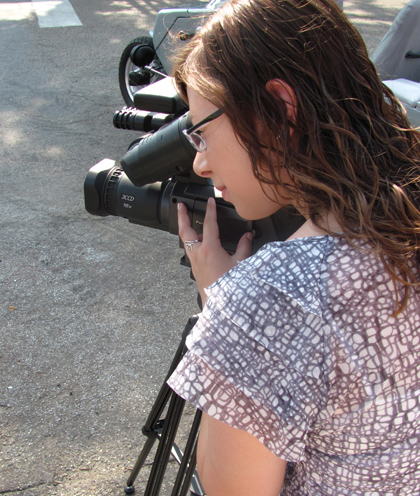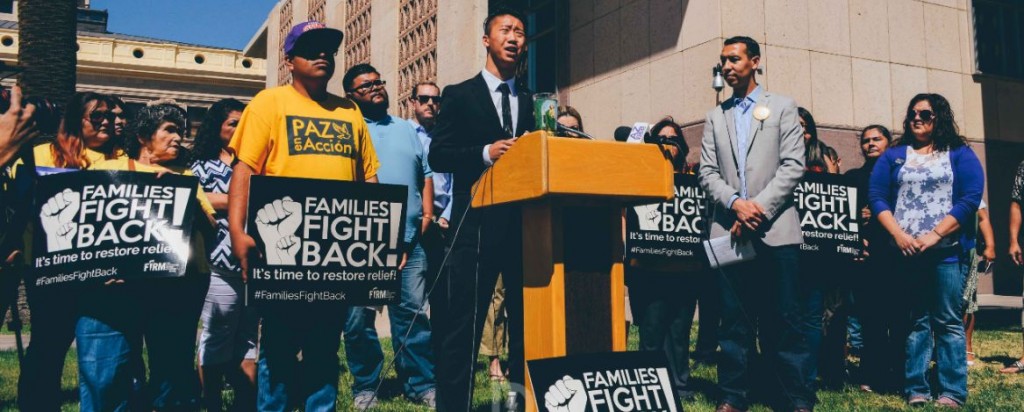Page 81 • (821 results in 0.053 seconds)
-

got me thinking about just the span of history that she lived through in the 20th century. A lot of very dramatic things happened during her lifetime. I became very curious about that juxtaposition between the small individual life against the background of large historical events. Obviously, that’s the case for any life, including ours, but for her, I started to wonder how her life was related to larger things like immigration, war and capitalism. So that really is what happened, that the
-

declared. • The King speaks English—with a perfect American accent! • Prince Harald entered the Norwegian Cavalry Officers’ Training School and finished his military education at the Military Academy in 1959. Upon completion of his compulsory military service, the Crown Prince went to Oxford for further study. He attended Balliol College from 1960 to 1962, studying social science, history and economics. • King Haakon VII died in 1957, and Prince Harald became Crown Prince. In 1960, Crown Prince
-

, are voiced by an instructor outside the room, watching the scene unfold. “The experience provided some safety but still triggered strong emotions,” Bird says. “With this physical presence in front of you and the clock ticking, someone’s life is in your hands.”PLU School of NursingCommitment, Caring and LeadershipLearn about the mission, history and programs offered, as well as download application materials.Students often attend simulation labs in groups of eight, accompanied by their instructor
-

faculty members — working closely with the Wang Center. This history of excellence in providing what Williams calls “high impact” experiential practices is why PLU leaders are excited that the Wang Center’s team will continue to partner with staff and faculty across campus to further refine the university’s commitment to engagement and inquiry. “Challenges like the housing crisis, climate change, and institutional racism all remind us that global issues are local issues and vice versa,” Williams says
-

town’s annual Strawberry Festival on Saturday, June 4, 2011. Two weeks earlier the deadliest tornado in our nation’s history ripped through Joplin, Mo., killing 160 people and causing almost $3 billion in damage. Today our goal was to interview any survivors and relief workers we could find. We figured the best place to find people would be in the center of the devastation. I was traveling the country researching for a documentary on compassion fatigue, an issue that particularly affects caregivers
-

passionately backs that fight. “Classics is the foundation of our knowledge, our history, our philosophy and how we make sense of the world we live in now,” said Dobyns, who graduated in 2001 and credits his self-directed film major and his overall professional success to the classics at PLU. “Without that foundation, we have no grounding in why the world is the way it is.” O’Brien and division leaders across the university are now tasked with responding to those preliminary recommendations, part of an
-

deported.” He immediately applied and helped his two brothers and friends apply. He was familiar with government forms from years of doing his parents’ taxes. “When it came out I applied and that allowed me to be more secure in a way that I was able to more freely talk about who I am,” Kim said. “My history, my story as well as my status.” Kim is just one of many students who attend PLU with undocumented or DACA status. The official number is not known in an effort to protect the security and privacy
-
priority enhancements to academic facilities and equipment, and we have continued to perform critical physical plant maintenance. ● In spite of a difficult economic environment, our fund-raising successes continued. There were more than 10,000 donors to the university last year, that’s more than any time in our history. Progress on our $100 million “Engage the World” campaign was slow in the early months of last year, but a flurry of major gifts over the past six months moved the campaign past the
-
inclined to know what bridges our differences. One thing I am sure of – I have seen it in the eyes and felt it in the affection of people from India to Spain and Peru to Tacoma – there is a human spirit that we all share, capable of communicating across language barriers, through the walls of history and demographic division we tend to assume separates us. Of all the anecdotes and perspective-shifting experiences I came away with from spending time overseas, I am convinced the one most responsible for
-
. Finally, my students are free. The asceticism of teaching entails respecting their freedom.While respecting the freedom of my students is prior to all else in teaching humanities, there still is much that I do to invite them into the space where the power of the humanities resides. I introduce them to the field of American religious history in the most engaging way possible, letting them see my own fascination with it. l show them issues; require them to translate material from one frame of reference
Do you have any feedback for us? If so, feel free to use our Feedback Form.


